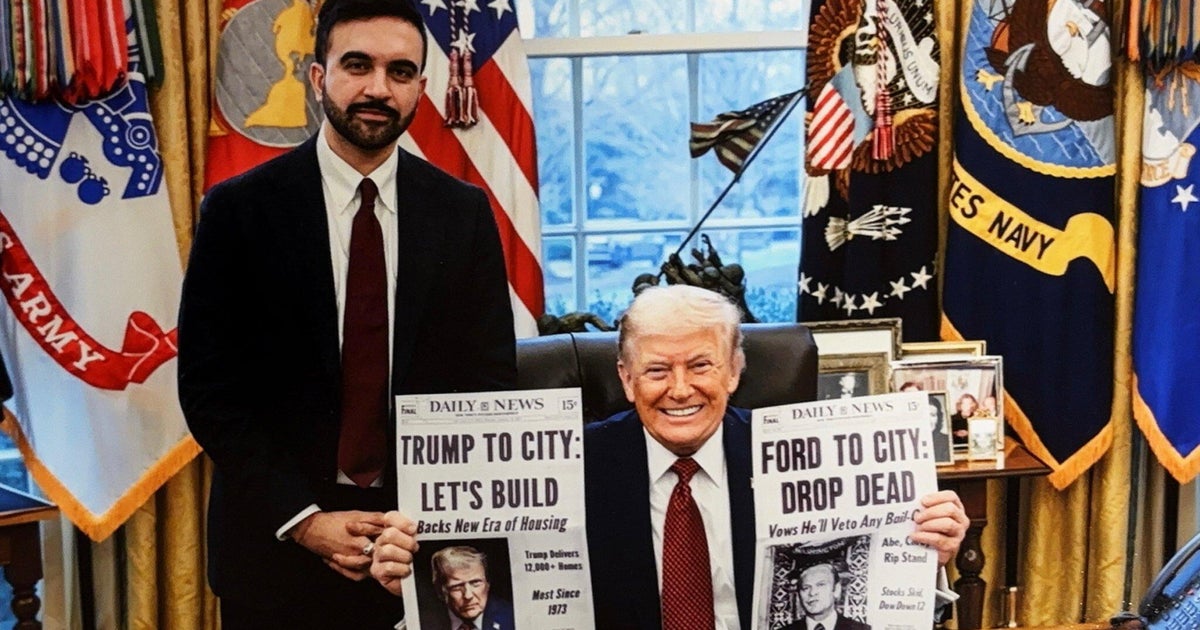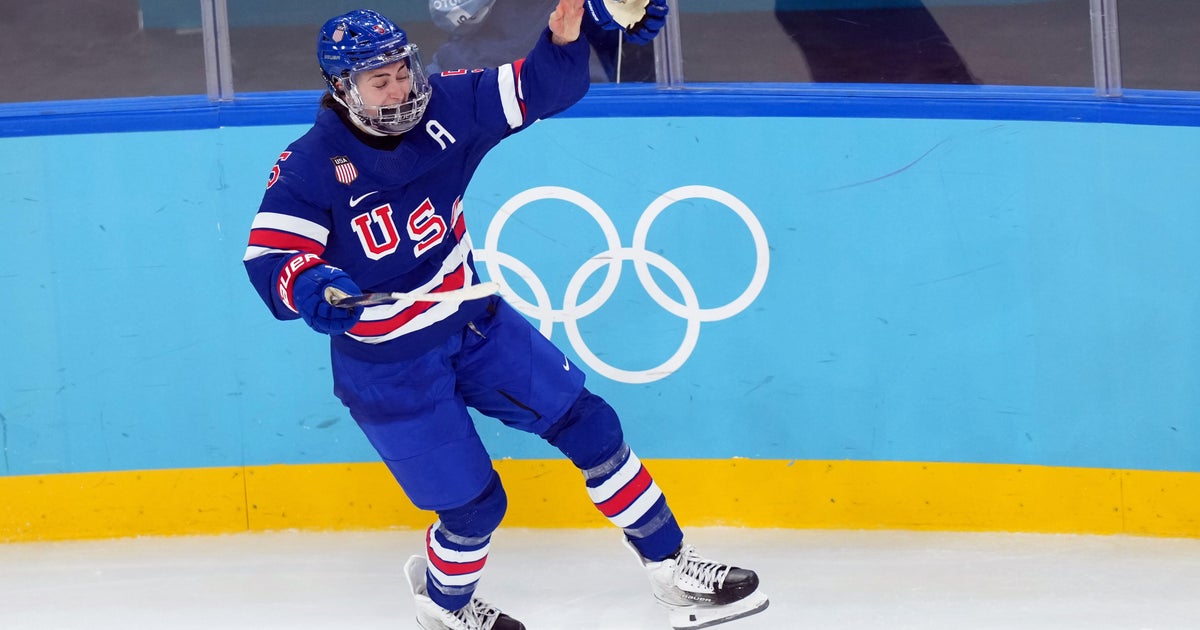Trump to weigh options on WHO funding and reforms amid coronavirus pandemic
Washington — President Trump will soon be presented with options regarding U.S. funding to the World Health Organization (WHO), along with assessments of how the organization could be reformed, in response to his criticisms of the organization's handling of the coronavirus pandemic.
As the president previewed on Friday, he plans to make an announcement this week. The State Department is pushing for reforms to the WHO rather than a wholesale defunding or creation of a new international body, as Secretary of State Mike Pompeo suggested when he said at the White House Coronavirus Task Force briefing that the U.S. is "reevaluating" its financial support.
In short, the question is not whether to totally cut off the WHO in the midst of a pandemic, but rather how to use the U.S. funding as leverage to make changes that the U.S. wants to see. Former FDA Commissioner Dr. Scott Gottlieb floated two possible steps the WHO could take in an appearance Sunday on "Face the Nation."
"I think going forward, the WHO needs to commit to an after-action report that specifically examines what China did or didn't tell the world and how that stymied the global response to this," Gottlieb said. "I also think they need to embrace Taiwan's role in the global health community and allow them to attend the World Health Assembly." China refuses to acknowledge Taiwan's independence from the People's Republic, and has frozen it out of the international organization.
The pandemic makes this particular clash arguably the most high-profile version of a fight the State Department has been waging to beat back China's global influence within various international organizations.
Regarding the virus, the Trump administration specifically objects to the Chinese Communist Party (CCP) leadership's failure to share research about human-to-human transmission with the WHO sooner. The U.S. alleges the WHO was willing to accept CCP propaganda and amplify it, rather than push for more information that could have helped fight the global pandemic.
The Trump administration also objects to the fact that Beijing did not share live virus samples with other governments, which would have allowed international researchers to understand early versions of the pathogen. Researchers only obtained access to the genome sequence — not the live virus itself — after a consortium of scientists from the Shanghai Public Health Center published it online. U.S. officials argue that actual samples would have been helpful in vaccine development.
"The WHO should have made them do that," Gottlieb said on "Face the Nation."
"Had they shared those early on, we could have developed a diagnostic test earlier, validated earlier," he added.
The underlying argument being made by the U.S. is that this pandemic is an example of how the CCP's lack of transparency and disregard for human rights can become dangerous for the rest of the world. This is not the only bureaucratic spat. The U.S. has been trying to make sure that Chinese candidates do not win key positions in international organizations like the World Intellectual Property Organization (WIPO). U.S. Ambassador Andrew Bremberg, a Trump appointee, has been leading the efforts in Geneva as the permanent U.S. representative to the Office of the United Nations and Other International Organizations.
"It became clear that was misinformation right from the beginning," Dr. Anthony Fauci said on Fox News on Saturday when asked about details that had been publicly shared by China and the WHO regarding the transmission of the coronavirus in China. He stipulated that now was not the time to place blame.
Dr. Deborah Birx, who reports directly to Secretary of State Mike Pompeo, struck a diplomatic tone on "CBS This Morning" last week.
"The WHO can only react to the data it's given, and when you go back and look at the timeline, it wasn't until, I think, almost the middle of January that China reported that there was human-to-human transmission," Birx said.
Despite these problems, many U.S. diplomats believe the WHO's efforts to stop the spread of the virus around the globe remain crucial, in no small part because there is a persistent risk of the virus being reintroduced into the U.S. and gaining strength once again in the fall.
"Unless we get this globally under control, there's a very good chance that it will assume a seasonal nature in the sense that even if we — and I hope it's not just 'if,' but 'when' — we get it down to the point where it really is at a very low level, we need to be prepared that since it unlikely will be completely eradicated from the planet, that as we get into next season, we may see the beginning of a resurgence," Fauci told "Face the Nation" last Sunday.
The U.S. remains the single largest financial contributor to the WHO, which will soon have to expand its efforts against the pandemic, particularly in the Southern Hemisphere where it is beginning to take hold.




